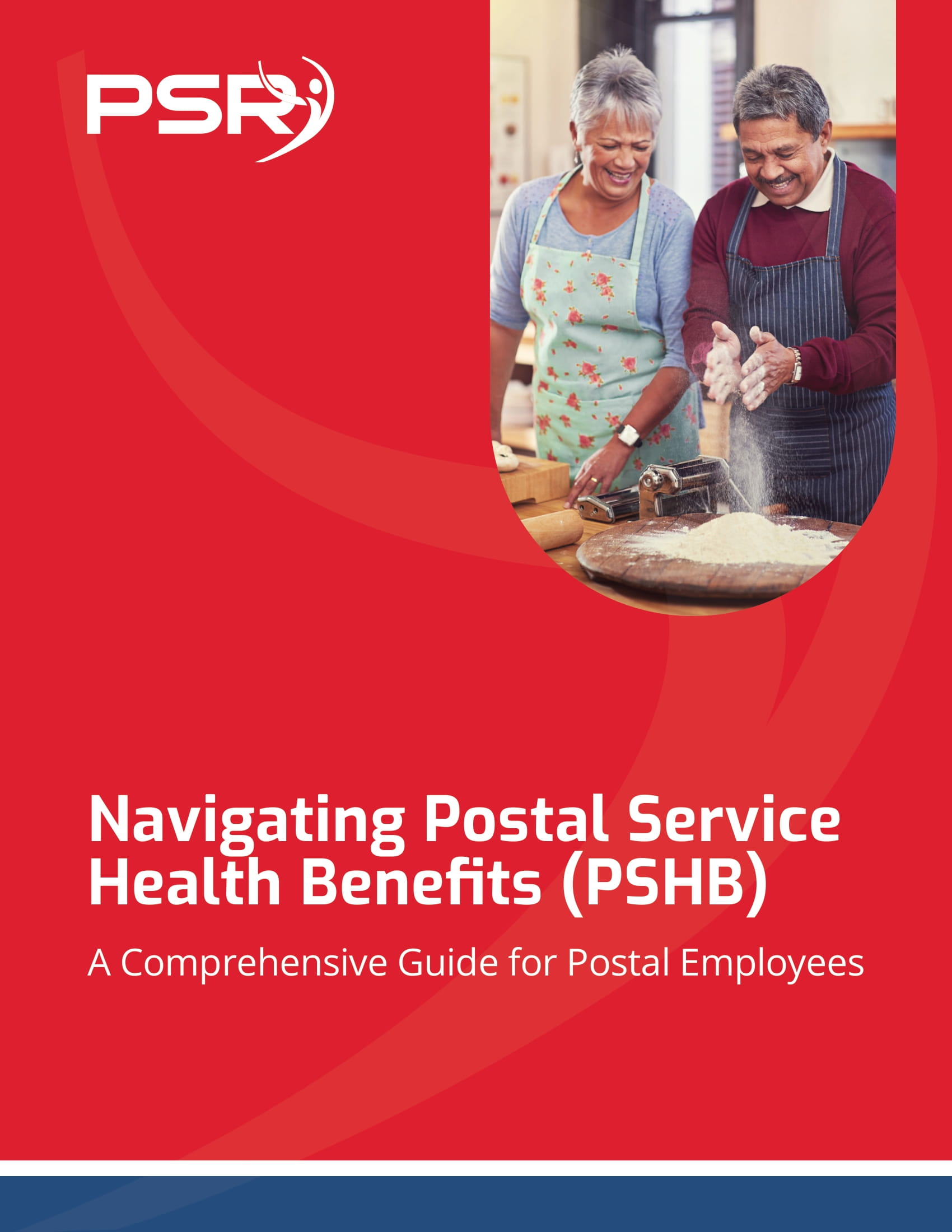[vc_row][vc_column width=”2/3″ el_class=”section section1″][vc_column_text]A benefit that many retirees miss to receive is Social Security credit for serving in the military. For those that have served, be sure to review your Social Security earnings history to ensure that it is included before you claim your Social Security benefits. You can check your earning history at a Social Security Administration office or online on their web page at www.ssa.gov.
For federal workers that are under the Civil Service Retirement System (CSRS) with not a lot of time worked under Social Security coverage, your military service may have you qualify for SS benefits.
If you are under the Federal Employees’ Retirement SYSTEM (FERS) or you are a CSRS-Offset worker, the military service credit FROM Social Security may increase the amount you get from your SS benefits that will already be receiving in retirement.
- Also Read: Why the FERS Supplement Is Still a Lifeline for Early Retirees—But a Risky One
- Also Read: You May Be Eligible for Medicare Soon—Here’s How It Affects Your Other Coverage
- Also Read: Dental Plans Under FEDVIP Are Offering Better Coverage Than Ever—Why Federal Employees Are Taking Notice
Those that were in the military before 1957 did not have Social Security coverage, but their Social Security earnings records are given a special earnings credit that will be calculated with any benefits that may be paid out. Extra earnings credits can be added based on when they were serving.
Since 1957, military personnel has been paying SS taxes by money being deducted from their pay and a matching amount paid by the government. The Social Security credits have veen5 earned the same way since 1957.
For those that have already claimed their benefits from Social Security, still, be sure to check and see if your military credit is included in your earnings history. If it is not, you may be able to get that fixed and added to your benefits for an increase.[/vc_column_text][/vc_column][vc_column width=”1/3″][vc_single_image image=”36778″ img_size=”292×285″ style=”vc_box_shadow”][/vc_column][/vc_row]









